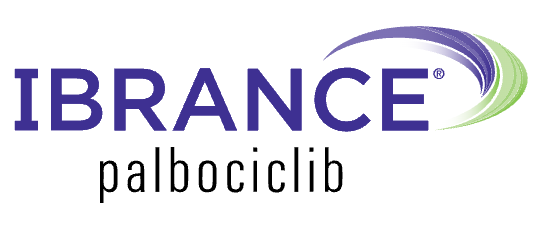Introduction
In cancer treatment, managing chemotherapy-induced nausea and vomiting (CINV) is crucial for improving patients’ quality of life. Aprepitant, an antiemetic, has emerged as a promising medication for this purpose. It acts as a substance P/neurokinin 1 (NK1) receptor antagonist and is used alongside other antiemetics to prevent acute and delayed CINV in patients undergoing highly emetogenic cancer chemotherapy.
Aprepitant selectively blocks human NK1 receptors with high affinity, distinguishing it from other CINV therapies targeting serotonin (5-HT3), dopamine, and corticosteroid receptors.
In this blog, we’ll delve into aprepitant’s role, mechanism of action, usage, potential side effects, and its impact on patient care.
Mechanism Of Aprepitant
Aprepitant is a neurokinin-1 (NK1) receptor antagonist that blocks the action of substance P, a key neurotransmitter involved in the emetic (vomiting) response. By targeting the NK1 receptor, aprepitant helps prevent and control nausea and vomiting, particularly in the delayed phase after chemotherapy.
Usage and Administration
Aprepitant is available in oral suspension, capsule, and intravenous forms.
- For adults and pediatric patients aged 12 years and older, Aprepitant capsules are used to prevent chemotherapy-induced nausea and vomiting (CINV). The typical regimen involves a 125 mg capsule orally on Day 1, followed by an 80 mg capsule once daily on Days 2 and 3.
- Pediatric patients aged 6 months to less than 12 years, as well as those who have difficulty swallowing capsules, may be prescribed Aprepitant oral suspension. The dosage of the suspension is weight-based, with a maximum of 125 mg on Day 1 and 80 mg on Days 2 and 3.
- Administer a 32 mg injection of Aprepitant intravenously over 30 seconds before anesthesia induction. Follow dosage instructions provided by healthcare providers or on the medication label. Consult healthcare providers for dose determination, particularly for pediatric patients. Take capsules or oral suspension one hour before chemotherapy on Days 1, 2, and 3, or in the morning if chemotherapy is not scheduled on Days 2 and 3.
Efficacy and Clinical Trials
Numerous clinical trials have demonstrated the efficacy of aprepitant in preventing CINV in patients receiving highly emetogenic chemotherapy (HEC) or moderately emetogenic chemotherapy (MEC). The addition of aprepitant to standard antiemetic regimens has consistently shown superior control of CINV compared to traditional antiemetics alone.
Potential Side Effects
- Fatigue: This is the most common side effect, usually mild and temporary.
- Hiccups: These can be bothersome but are usually harmless.
- Headache: Over-the-counter pain relievers may help.
- Constipation: Dietary changes or stool softeners can help manage this.
- Diarrhea: Your doctor can recommend medication to manage diarrhea.
- Abdominal pain: This is usually mild and short-lived.
- Loss of appetite: This can be temporary and usually improves with time.
Less common side effects:
- Dizziness: Taking Apretant with food can help reduce dizziness.
- Insomnia: If you have trouble sleeping, consult your doctor.
- Skin rash: This is usually mild and goes away on its own.
- Ringing in the ears: This is usually temporary and resolves after treatment.
The medicine can also interact with certain drugs and herbal-based medicine, so healthcare providers need to review the patient’s complete medication list before prescribing a prescription.
Impact on Patient Care
Aprepitant’s use in cancer treatment has notably improved the management of chemotherapy-induced nausea and vomiting (CINV), enabling patients to adhere to their prescribed chemotherapy regimens without experiencing debilitating symptoms. This has led to better treatment outcomes and increased patient satisfaction.
Conclusion
Aprepitant contributes significantly to cancer treatment by efficiently alleviating chemotherapy-induced nausea and vomiting. Its mechanism of action demonstrated effectiveness, and positive influence on patient well-being underscores its significance as a vital element in comprehensive antiemetic regimens for individuals undergoing chemotherapy. To check availability of generic brand of Aprepitant in India, interested individuals can contact the Patient Support Team at (+91) 9315705373 or via email at help@sansfro.com.



